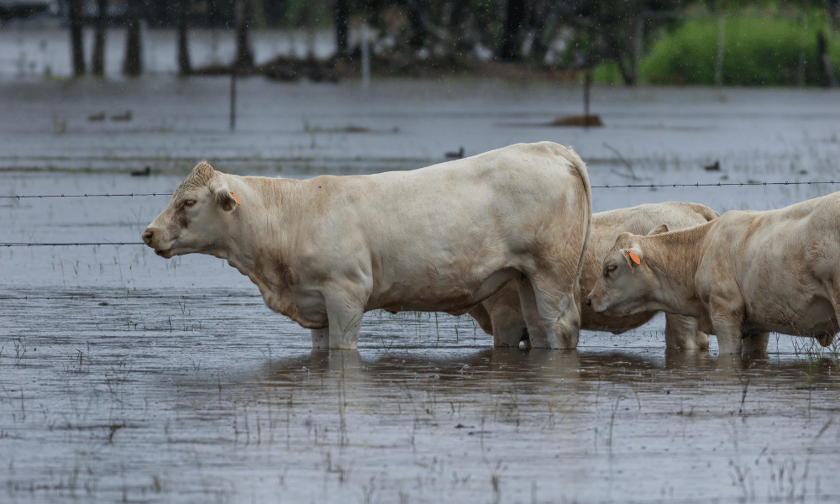

The funding is intended to assist with emergency efforts, including delivering supplies and animal feed to flood-affected farms.
Flooding in the region has engulfed several towns, including Thargomindah, Jundah, and Adavale. The affected zone spans an area reportedly twice the size of Victoria, creating logistical and economic challenges for local landholders and businesses.
Jarrod Hill, CEO of CGU and WFI Insurance, said the company was coordinating with Rural Aid to help respond to urgent needs on the ground.
“The scale of this disaster is devastating for so many farming communities, and the impact on people is heartbreaking. Our immediate focus is on working with Rural Aid to help prevent further loss for farmers through supporting their on-the-ground efforts, such as delivering feed to stranded livestock,” he said.
He added that WFI field teams were engaging directly with customers to assist with claims lodgement and access to temporary housing and emergency financial relief.
Rural Aid CEO John Warlters said the donation would expand their ability to reach farmers in need during a critical period.
“Through the generous support of WFI Insurance, we will be able to provide additional and immediate aid to impacted farmers. This is still an emergency response, and it’s an important time for farmers to know we have their back and are standing with them,” he said.
On April 2, the Insurance Council of Australia (ICA) reported that insurers had received over 95,000 claims tied to ex-Tropical Cyclone Alfred, with estimated insured losses approaching $1 billion. The claims range from minor damages to significant structural losses. Approximately one-third of these claims have been finalised, according to the ICA.
Separately, more than 10,000 claims were filed in relation to February’s North Queensland flooding, totalling around $233 million in estimated losses. These claims largely stem from stormwater intrusion, gutter overflows, and intense rainfall. Recovery efforts in the region continue to face delays due to limited access and persistent wet weather.
Research from WFI’s sister company, NRMA Insurance, revealed that around one in six Australians experienced property or vehicle damage during the 2024-25 summer due to severe weather events.
The insurer processed over 18,000 weather-related claims across the season, including events in the ACT, New South Wales, and Far North Queensland.
Despite the frequency of such events, NRMA found that only 39% of households had a formal emergency plan in place.
Luke Gallagher, executive general manager of retail claims at NRMA Insurance, highlighted the importance of preparation.
“Creating an emergency plan is a critical step in building household resilience and preparing for the threat of severe weather. Fewer than 40% of households reported having a severe weather emergency plan in place during summer. We would encourage all Australians to prioritise creating an emergency plan,” he said.
